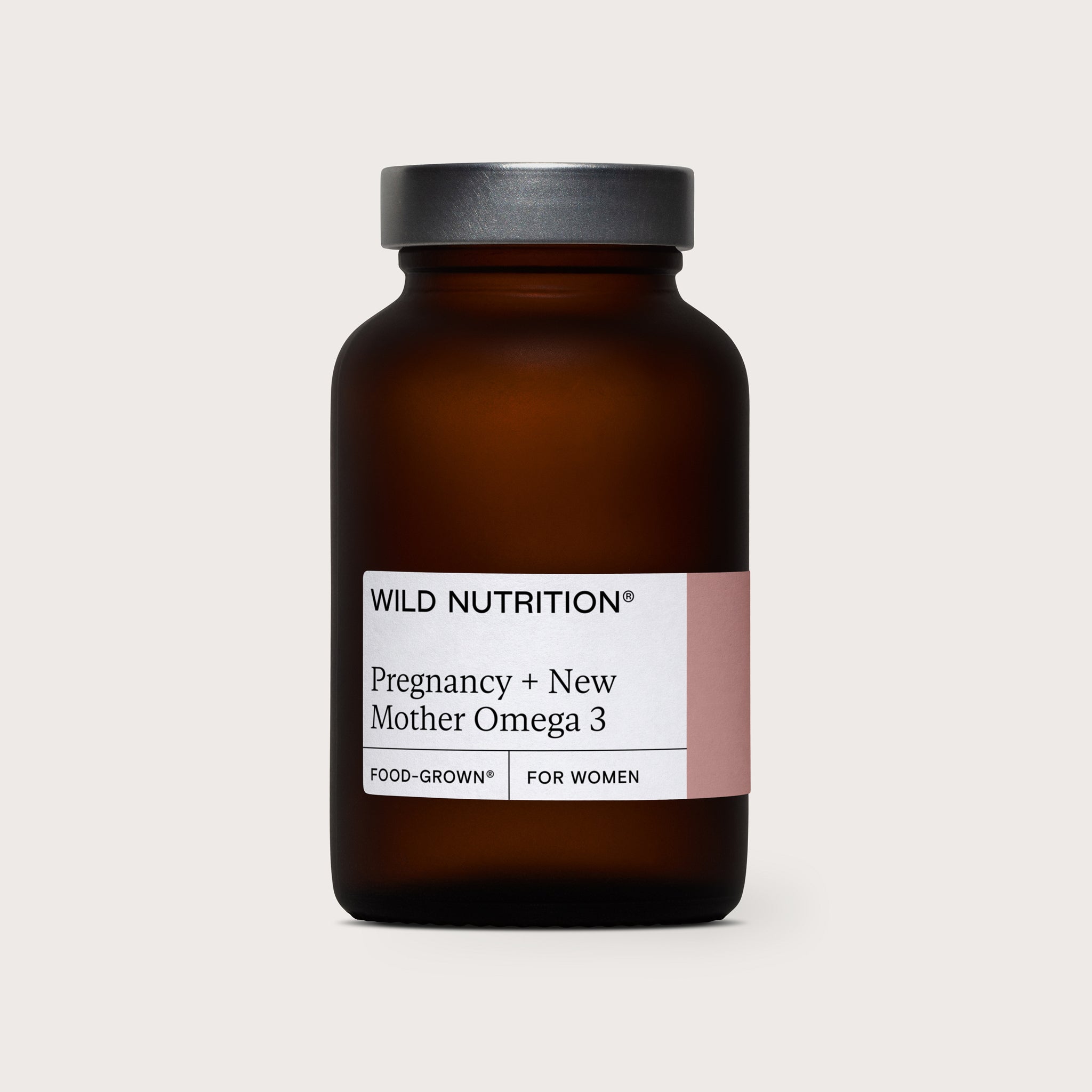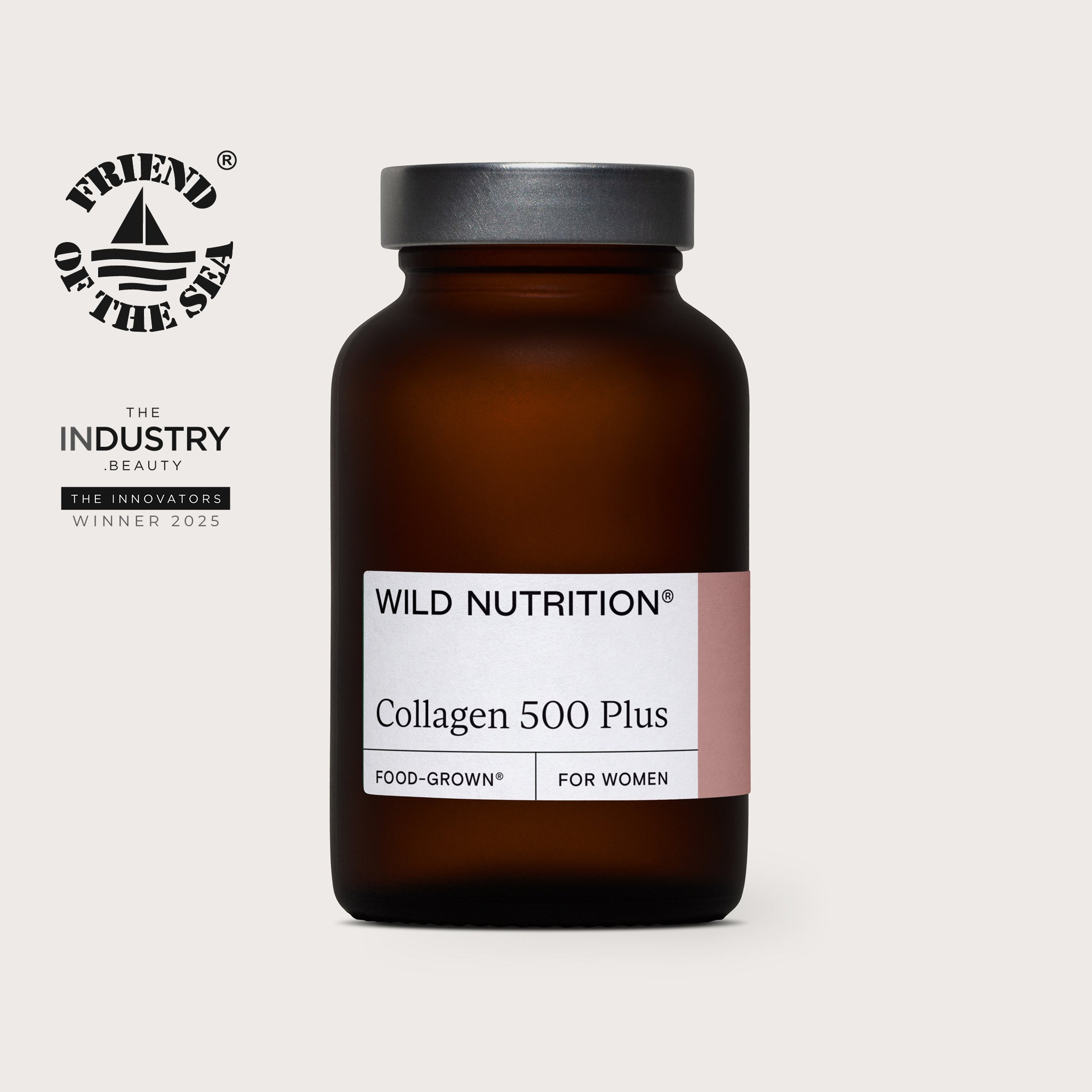
Why you should be including medicinal mushrooms in your diet
The list of medicinal mushrooms species is a lengthy one. Many of them haven't been used outside their native country, but our ability to cultivate many different mushroom species has improved greatly over the past few decades. As a result, large numbers of scientific studies on medicinal mushrooms have confirmed the traditional uses and also demonstrates new applications for health benefits. The most commonly studied of which include ganoderma lucidum (reishi), cordyceps sinensis, hericium erinaceus (lion's mane), grifola frondosa (maitake), pleurotus oestreatus (oyster) and coriolus versicolor (turkey tails).
Traditionally mushrooms are considered closer to plants, and in the same way that some plants produce flowers as a means of reproduction, fungi produce mushrooms. This means that they are rich in active compounds that support human and animal health. The most common group found in all mushroom species are polysaccharides, the most well-researched of which are beta glucan 1-3 and beta glucan 1-6. These immune supporting molecules have been shown to support the immune system's response to viral and bacterial infection as well as anti-tumour activity (which is partly why they have been included in Wild Nutrition's Immune Support formula).
However, there are additional properties within mushrooms that are also the source of several major pharmaceutical drugs, including major antibiotics such as penicillin and statins such as lovastatin. Recent research also demonstrates their prebiotic effect on the gut microbiome, increasing the growth of bifidobaterium and lactobacillus and the necessary short-chain fatty acids for healthy food breakdown.
These multi-use mushrooms can be taken in supplement form (I often recommend them to men as part of a daily multi-nutrient regime) or can be built into your daily diet. Oyster and maitake mushrooms are readily available in most supermarkets now and can be added to your cooking to add rich flavour in soups or stews as an alternative protein source.












